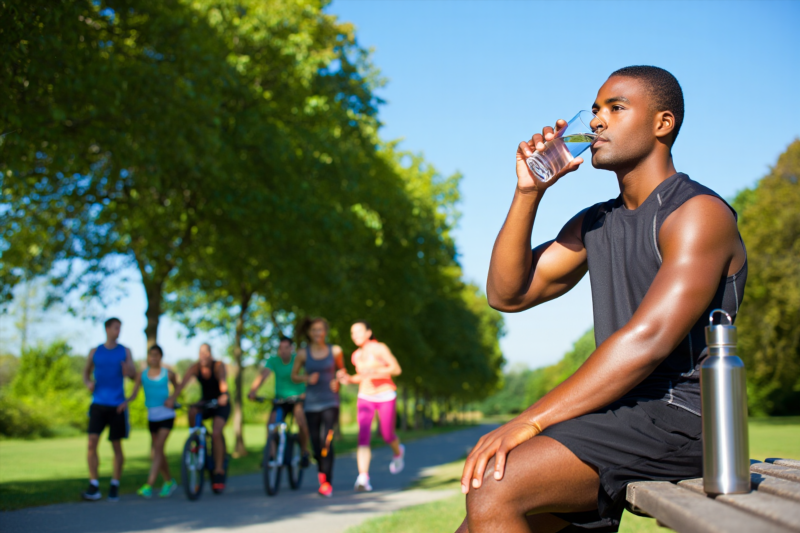
Hydration Science Reveals How Much Water You Truly Need
In a world inundated with health trends and wellness advice, understanding the science behind hydration is vital for optimizing athletic performance, recovery, and overall wellbeing. Whether you’re an elite athlete or a dedicated fitness enthusiast, knowing exactly how much water your body needs can significantly impact your success and health.
This article explores hydration science, revealing how it determines your ideal water intake and providing practical tips to help you stay properly hydrated. Stay informed, stay healthy, and unlock your full potential through science-backed hydration strategies.
Understanding Hydration Science: How Your Body Regulates Water
The Role of Water in Your Body
Water accounts for roughly 60% of your total body weight and is essential for:
- Regulating body temperature
- Supporting cardiovascular health
- Facilitating nutrient transport and waste removal
- Supporting muscle function and joint lubrication
How Hydration Science Determines Your Water Needs
Hydration science considers several physiological factors to estimate your ideal water intake:
| Factor | Description |
| Body size | Larger bodies generally require more water |
| Activity level | Higher activity increases water loss through sweat |
| Climate and environment | Hot, humid environments lead to increased hydration needs |
| Age and health status | Ageing and certain health conditions affect hydration requirements |
| Dietary habits | High protein or fiber diets may increase water needs |
Advanced models, such as the 20-20-20 rule (drinking 20 oz of water 20 minutes before exercise, and another 20 oz during), are based on these scientific principles to tailor hydration recommendations.
Practical Tips for Optimal Hydration
Daily Water Intake Guidelines
While individual needs vary, general guidelines from health authorities include:
- Men: About 3.7 liters (125 ounces) of water per day
- Women: About 2.7 liters (91 ounces) of water per day
These figures include water obtained from food and other beverages.
How to Assess Your Hydration Level
Monitor your urine color: Pale yellow indicates proper hydration, while dark urine suggests you need more water.
Listen to your body: Thirst is a reliable indicator of mild dehydration.
Hydration Tips for Athletes and Active Individuals
- Pre-hydrate: Drink water before workouts to ensure optimal hydration.
- During exercise: Consume water regularly, aiming for 7-10 ounces every 10-20 minutes.
- Post-exercise: Replenish lost fluids promptly, considering electrolyte drinks for intense or prolonged activity.
Special Considerations
- Climate adaptation: Increase water intake during hot or humid weather.
- Health conditions: Consult healthcare providers for personalized hydration advice, especially if you have kidney, heart, or endocrine disorders.
Myths and Facts About Water Intake
| Myth | Fact |
| You should drink at least 8 glasses of water every day | Needs vary widely; individual hydration depends on multiple factors |
| Drinking water during meals dilutes stomach acid | No scientific evidence supports this; hydration is beneficial during meals |
| More water is always better | Excessive water intake can lead to hyponatremia, a dangerous condition |
Leveraging Hydration Science to Enhance Performance and Wellbeing
For Athletes
Proper hydration boosts endurance, reduces fatigue, and speeds recovery. Incorporate science-based hydration plans tailored to your activity level and environment for optimal results.
For General Wellbeing
Maintaining adequate hydration supports mental clarity, digestion, and skin health. Use hydration science as a foundation for daily wellbeing routines.
Understanding hydration science empowers you to make informed decisions about water intake tailored to your unique needs. By integrating practical tips into your lifestyle and debunking common myths, you can optimize your health and athletic potential.
Take action today: Assess your hydration status, implement personalized hydration strategies, and stay informed with the latest science—because staying properly hydrated is key to performing at your best and living healthily.
Ready to elevate your hydration game? Subscribe to our newsletter for more expert tips on sports nutrition, training, and wellness strategies that keep you at the top of your game.


